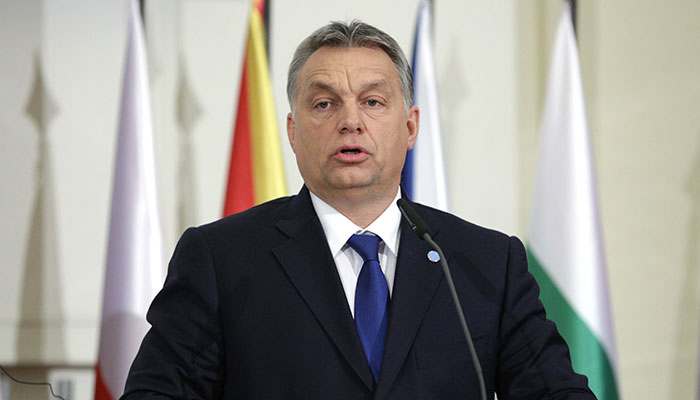web_viktor-orban_shutterstock_377541601.jpg

Hungarian prime minister Viktor Orban, whose government is being investigated by the EU
The rules, aimed at securing the independence of the judiciary, media, academia and other aspects of civil society, are expected to particularly affect Hungary and Poland.
They will cover all EU funds, including those allocated through the €750bn Covid-19 recovery package, and are designed to stop money being paid out when member states threaten to breach the rule of law.
“Recent history in the European Union has seen basic values of democracy being threatened and undermined,” Petri Sarvamaa, one of the European Parliament’s rapporteurs on the rule of law mechanism told journalists.
He said the past four years in the US had shown democracy is under “constant threat”, adding that Europe must work to keep it safe.
Michael Clauß, permanent representative of Germany to the EU, said the agreement was “an important milestone” in finalising the Covid-19 recovery package, known as Next Generation EU, and the union’s next long-term budget, adding that work must progress quickly.
“We have a historic €1.8trn financial package on the table,” he said. “With the second wave of the pandemic hitting member states hard, there is no time to lose.”
The measures need to be approved formally by a qualified majority, requiring at least 15 of 27 member states voting in favour, including countries that make up 65% of the total EU population.
No single country can veto the rules.
Hungarian prime minister Victor Orban, whose government is being formally investigated by the EU for straying from the bloc’s “founding values”, has previously said the rule-of-law debate was “slowing down” the recovery fund’s implementation.
He said member states could negotiate a package of measures between themselves without the EU.













